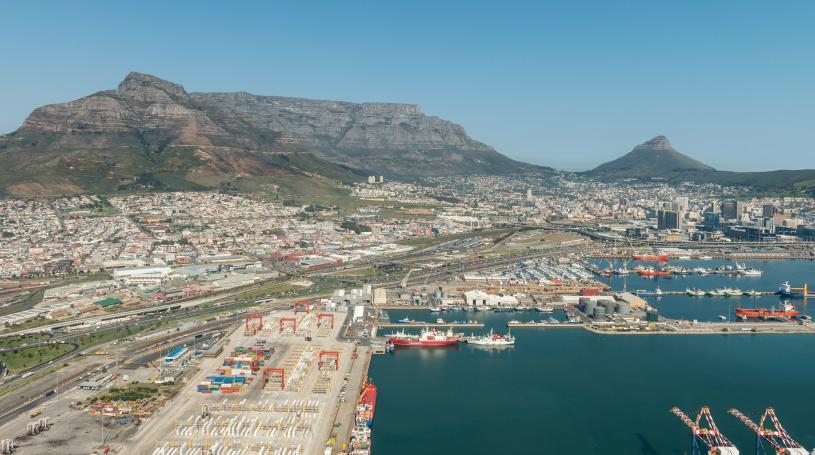Two steps forward and one step into a pothole for Transnet
It’s two steps forward and one step into a pothole for Transnet National Ports Authority, which has placed its chief executive Pepi Silinga and two other senior managers on precautionary suspension.
The move follows questions around the awarding of contracts for security fencing around three South African ports. The contracts were worth an estimated R300-million according to recent media reports – far more than the original estimate of R80million. News that the Special Investigating Unit is now getting involved comes just when Transnet was reporting progress in tackling systemic challenges across the country’s port network. The timing couldn’t be worse.
Instead of focusing on much-needed innovation in the logistics space, port stakeholders now have a SIU probe to add to their concerns about the ports regulator at a time when the private sector is clamouring for a reprieve from inefficiency and congestion. The agricultural sector, particularly the Western Cape fruit industry, is bleeding revenue as a result of underdevelopment within Cape Town Port which is now ranked among the worst in the world.
Despite repeated promises of meaningful public private partnership, the vital Cape Town container terminal remains a no-go zone for private enterprise, even as the country bleeds jobs. The Cape Chamber is appealing to TNPA to at least reveal its rationale for maintaining control of this vital chokepoint of regional trade. If government is serious about fulfilling its mandate of growing the economy and developing jobs, it needs to stop playing politics inside the economy’s engine room.
If there is anything positive to be said about the SIU probe it is that it illustrates the reason why the private sector needs to be more involved in managing critical state infrastructure – to avoid any chance of wasteful expenditure, and to ensure managers are fully accountable for their performance. TNPA is also to be commended for placing the officials on precautionary suspension, which sends a positive signal that wrongdoing will not be tolerated.
On the other side of the spectrum is news of the Victoria and Alfred Waterfront’s plan to add 440 000 m2 of bulk to the already iconic Cape Town development, a vivid illustration of what the private sector can achieve, in terms of investment and job creation, if government creates the enabling environment. The potential positive impact of this long-awaited Granger Bay development on both the tourism and construction sectors also serves as a reminder of the huge intrinsic value of the Cape Town property market, and how value can be unlocked when stakeholders pull together in pursuit of a common goal.
John Lawson
CEO of the Cape Chamber of Commerce & Industry

